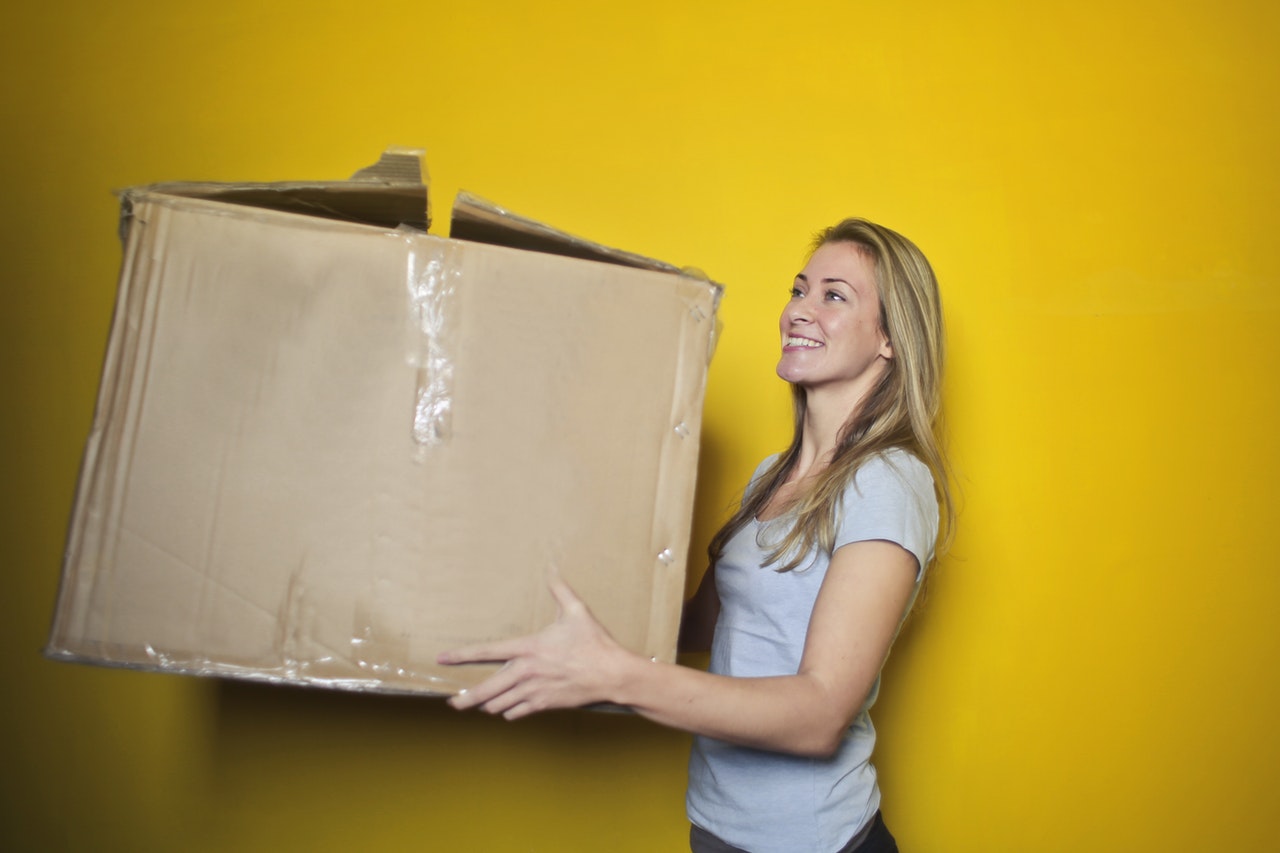Saving Money on Your Next Home Move
Moving to a new home is often a hassle. You must find a place to live, pack up all of your things, and somehow get them all to the new place. On top of that, you need to find time to do all of this during your already busy life. It’s a lot to handle, and if you’re not careful, it can become expensive on top of stressful.
With that in mind, here are a few ways you can cut down on the costs for your next move and hopefully make things a little more affordable.
Choose the Right Location
First, before you can start packing up, you need to think about where you’re moving to. You may already have a place in mind, but for some of you, you’re just starting the search. There are a lot of costs associated with moving, but the largest by far is your new home.
Take some time to research the areas you’re interested in and look up the costs associated with moving there. For example, you could look up the average cost of living for that area. This will give you a helpful number that you can use to compare the different locations you’re interested in.
If you’re moving out of state, you should also look up the taxes associated with the new state. They’ll likely be different from the ones you must deal with now, and it’s better to know about them now, rather than when the tax deadline rolls around.
Lastly, the state you’re moving to can have a large impact on price. For instance, an apartment in NYC is likely more expensive than one in Columbus. Or, maybe you’re thinking about purchasing land, in which case the costs will also depend on the state you’re moving to. Make sure you do your research beforehand, so you can get a good idea as to what the average costs are. As an example, if you wanted to get some land in Texas, you could search for “Texas land for sale” and likely find some listings.

Buy Your Supplies in Bulk
Now that you’ve decided on a place to go, it’s time to start preparing for the move. One of the first things you can do is start gathering packing materials. You’re going to need a lot of them, so it’s best to buy in bulk. Get plenty of cardboard boxes in different sizes, and a lot of packaging tape to close them up good.
You’re going to need more than you think, so don’t be afraid of buying too much. It might seem counter intuitive to buy more than you need in order to save money, but buying in bulk can help to save you money in the long run.
If you really want to save money though, try to find packing supplies elsewhere. For example, in many cases you can get used cardboard boxes from places like grocery stores for free. Just make sure they are clean and in good condition before you use them, as you don’t want your stuff falling out during the move.
Do as Much as You Can on Your Own
The biggest expense associated with moving is finding a good mover. But if you can do some of the work yourself, you’ll cut back on the expense. For instance, rather than having your movers help you pack, you can have all the packing done and ready to go come moving day.
You can also start transporting smaller items to your new home if it’s close by, so that your movers have less to do. Many movers charge by the hour, so the less time they’re at your home, the cheaper it will be.
If you can, forego the movers altogether. Rent a moving truck, gather up friends and family, and do the job yourself. It’s a lot of work, but if you have plenty of help, you might be able to manage it. Just be sure to provide everyone with some free food and drinks as a thank you.
Find the Right Movers
In most cases however, you’ll need to hire a mover. When doing this, make sure you consider lots of options. You want a team that is experienced, insured, and capable, but also affordable. Compare different movers, using their rates and their experience as your primary factors. Your trusting all of your possessions with a stranger, so you don’t want to sacrifice quality, but that also doesn’t mean you need to spend a fortune.
Moving on a Budget
If you can follow the above, you should find that you are able to lower the costs associated with your move. The key is to plan ahead and consider all of your options. You may have to do some of the work yourself, but in the end it will be worth it when you move into your new home with a little more money in your wallet.




